Nivranshu Pasricha
NL-Augmenter: A Framework for Task-Sensitive Natural Language Augmentation
Dec 06, 2021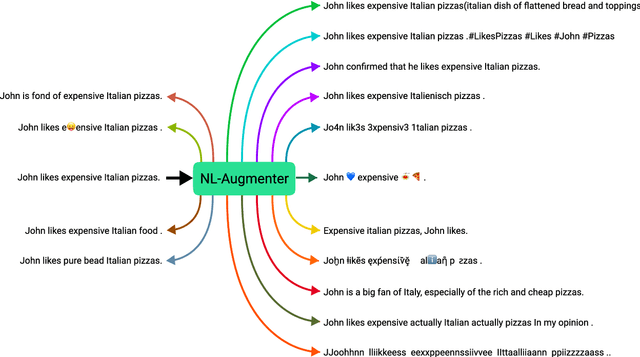
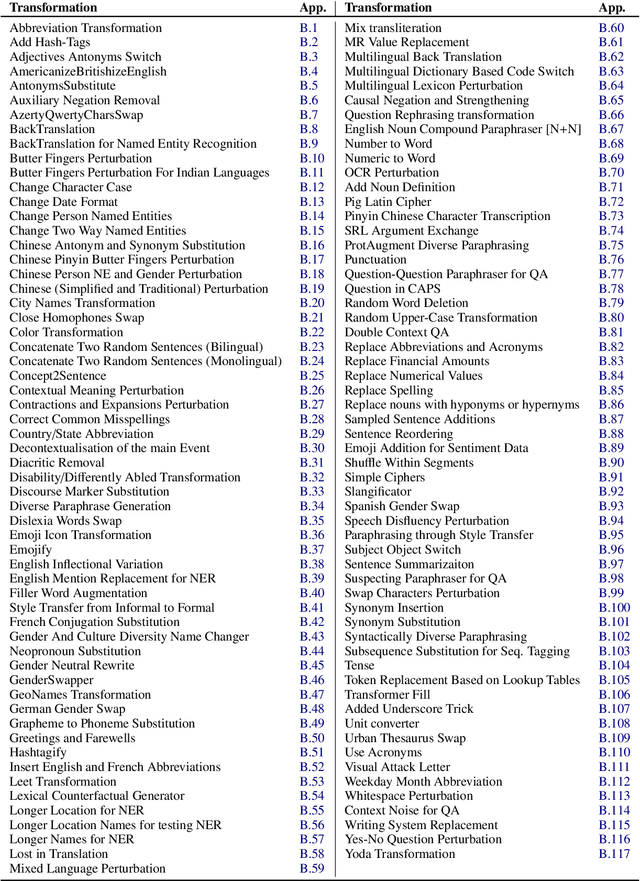
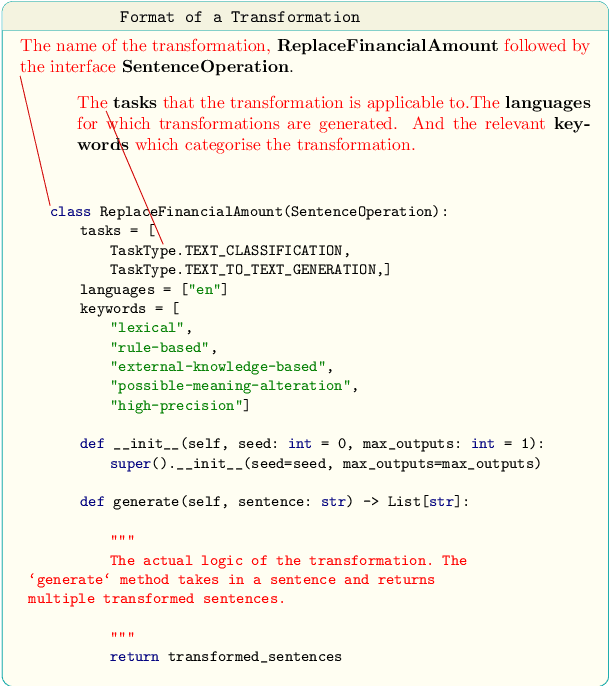
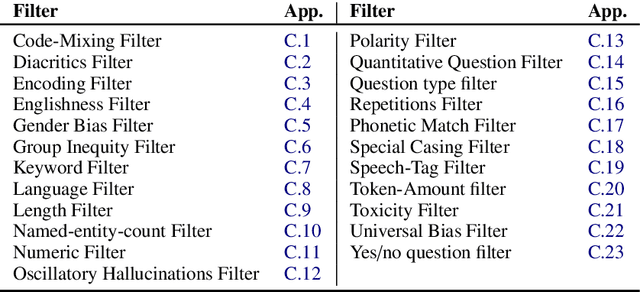
Abstract:Data augmentation is an important component in the robustness evaluation of models in natural language processing (NLP) and in enhancing the diversity of the data they are trained on. In this paper, we present NL-Augmenter, a new participatory Python-based natural language augmentation framework which supports the creation of both transformations (modifications to the data) and filters (data splits according to specific features). We describe the framework and an initial set of 117 transformations and 23 filters for a variety of natural language tasks. We demonstrate the efficacy of NL-Augmenter by using several of its transformations to analyze the robustness of popular natural language models. The infrastructure, datacards and robustness analysis results are available publicly on the NL-Augmenter repository (\url{https://github.com/GEM-benchmark/NL-Augmenter}).
Aspects of Terminological and Named Entity Knowledge within Rule-Based Machine Translation Models for Under-Resourced Neural Machine Translation Scenarios
Sep 28, 2020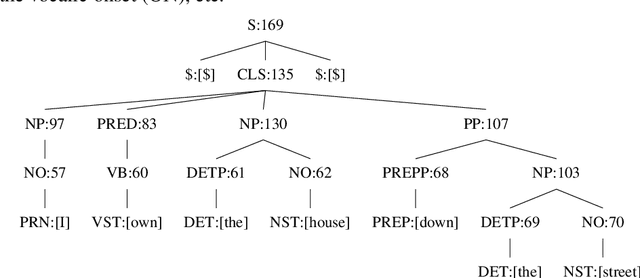
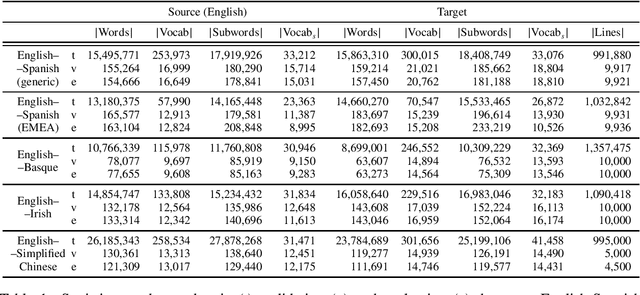
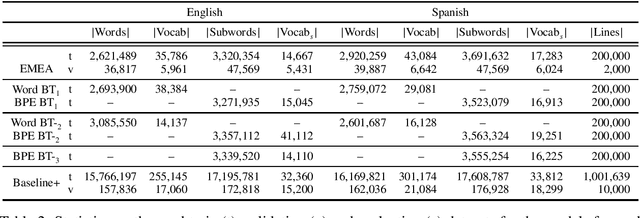

Abstract:Rule-based machine translation is a machine translation paradigm where linguistic knowledge is encoded by an expert in the form of rules that translate text from source to target language. While this approach grants extensive control over the output of the system, the cost of formalising the needed linguistic knowledge is much higher than training a corpus-based system, where a machine learning approach is used to automatically learn to translate from examples. In this paper, we describe different approaches to leverage the information contained in rule-based machine translation systems to improve a corpus-based one, namely, a neural machine translation model, with a focus on a low-resource scenario. Three different kinds of information were used: morphological information, named entities and terminology. In addition to evaluating the general performance of the system, we systematically analysed the performance of the proposed approaches when dealing with the targeted phenomena. Our results suggest that the proposed models have limited ability to learn from external information, and most approaches do not significantly alter the results of the automatic evaluation, but our preliminary qualitative evaluation shows that in certain cases the hypothesis generated by our system exhibit favourable behaviour such as keeping the use of passive voice.
 Add to Chrome
Add to Chrome Add to Firefox
Add to Firefox Add to Edge
Add to Edge